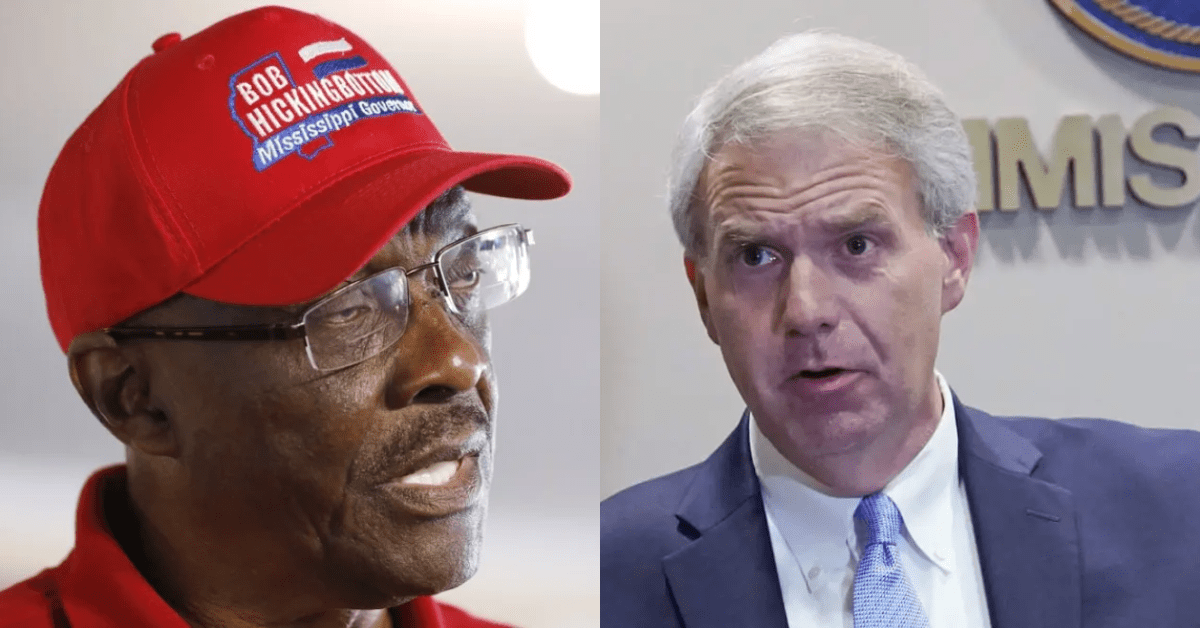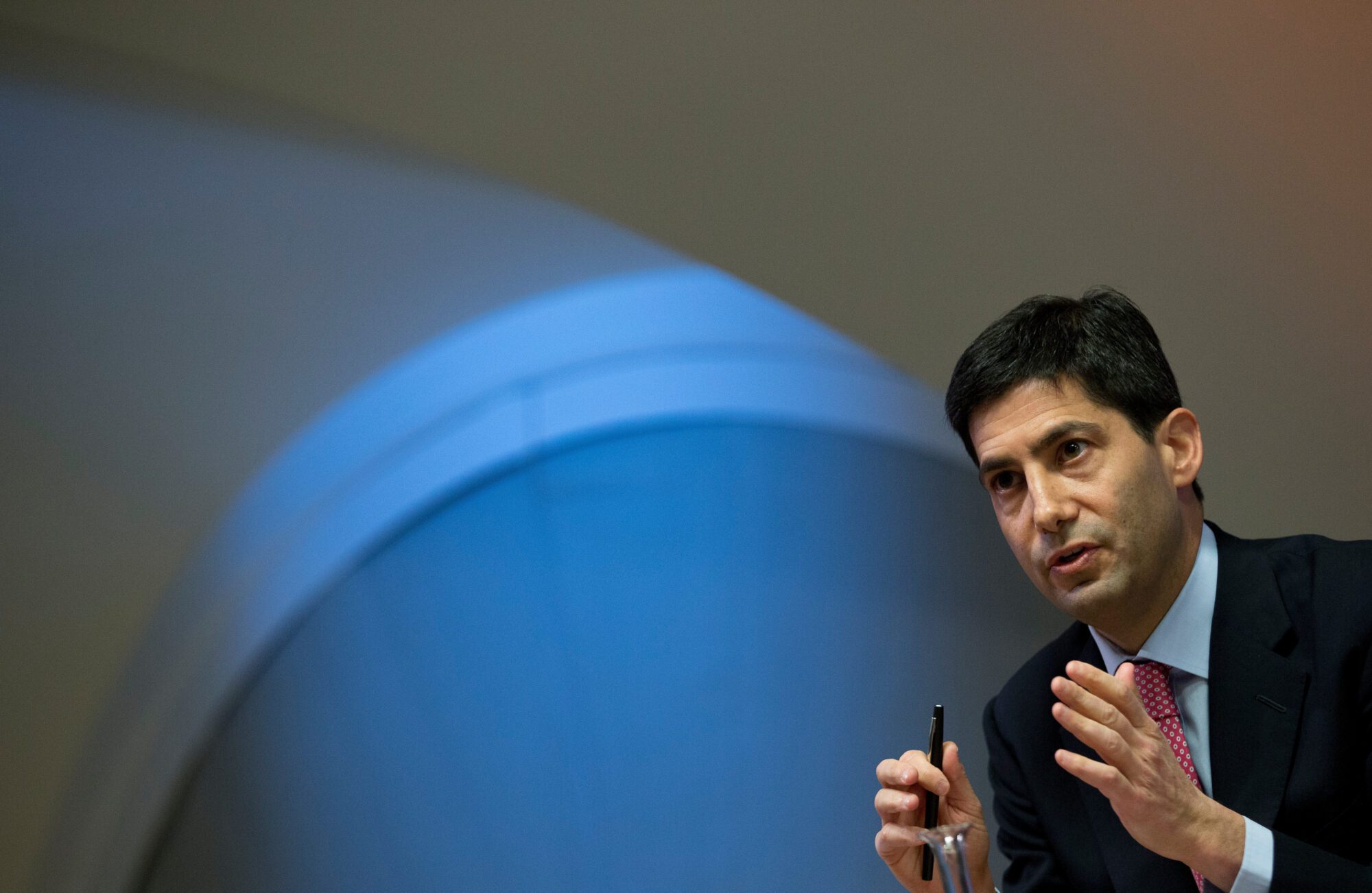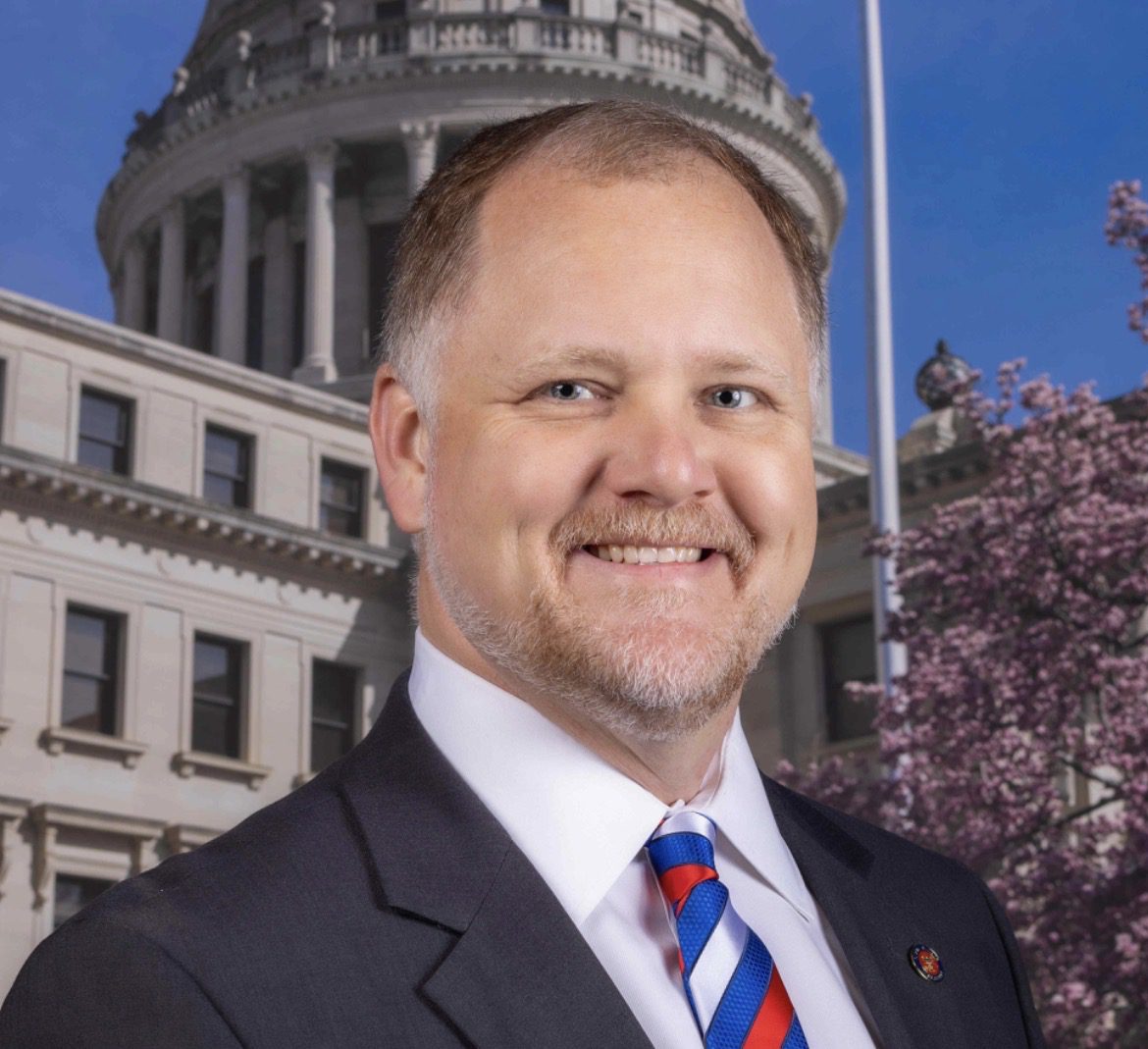
A new report from the Mississippi State Auditor shows that nearly $11 million of state taxpayer funds went to university DEI programs with 70% of DEI spending in 2023 going to salaries for DEI employees.
On Thursday, the Mississippi Office of the State Auditor (OSA) released a report detailing the amount of money public universities in the state are spending on Diversity, Equity, and Inclusion (DEI) programs. The report showed that overall, Mississippi universities reported spending $23.4 million on DEI since July of 2019.
The report consists of survey results gathered from the state’s eight public universities and the University of Mississippi Medical Center (UMMC) to “inform Mississippi taxpayers about how much public universities are spending on DEI programs.”
“Analysts from the Auditor’s office sent each public university a survey, through the Board of Trustees of State Institutions of Higher Learning (IHL), to assess DEI spending,” the report states. “The survey requested information from fiscal year 2020 to 2023 (year-to-date). The survey also required descriptions of each individual DEI program. The Auditor’s Office granted universities 58 days to submit a completed survey.”
The report explained that the survey results contain self-reported responses from the individual universities, and the data contained in the surveys has not yet been verified.
“Results from the survey show public universities in Mississippi budgeted at least $23.44 million on DEI programs from July 2019 to May 2023. Of this amount, public universities in Mississippi budgeted at least $10.95 million in state funds and at least another $12.48 million through federal and private grants,” the Auditor’s report continued. “Public universities in Mississippi collectively budgeted over 60% of reported DEI funds each year for employee salaries — not directly for students — while DEI budgets grew at least 47% since July 2019.”
State Auditor Shad White said he has “real concerns” about what DEI staff may be teaching at taxpayer-funded universities. He added that if the real goal of DEI was to increase diversity at the universities, “one would think more money would be going to scholarships for poor students instead of adults’ paycheck.”
“For example, during the Trump Administration, President Trump shut down federal government DEI programs because some taught that ‘virtually all White people contribute to racism.’ This kind of language tears us apart, not brings us together,” Auditor White said. “One unfortunate statistic was the amount of money spent on DEI salaries and the lack of money spent on scholarships.”
Institutions of Higher Learning (IHL) President Commissioner Al Rankins Jr. said campus diversity programs support a broad range of students by helping them find a sense of
belonging in the university community which enhances the educational experience for all students and benefits the greater university community. Universities have long offered these programs to support student veterans, students with disabilities, first generation college students, women and minority students, students who have been in foster care, Native American students, and international students.
“Campus diversity initiatives include sexual assault awareness and prevention programs, music festivals, study abroad programs, student health and wellness programs, Veterans Day Recognition programs, recruitment and retention of non-Black students at our HBCUs as mandated by the Ayers settlement, and federally funded programs like the Ronald E. McNair Scholars Program,” Rankins said. “They also support affinity groups including religious affiliations, Greek life, student athletes, academic honor societies, and professional and social clubs.”
The IHL Commissioner stated that according to the Auditor’s report, if an employee has any diversity-related responsibilities, 100% of that employee’s salary was included in the analysis, as indicated in a footnote in the executive summary.
“Our public universities have diverse student bodies and an obligation to support them,” Rankins said. “Spending on diversity programs is less than one percent of appropriations received from the state and the system budget. Providing programs to retain students so they can graduate and join the workforce is a worthy investment that strengthens our universities and our state.”
The Director of Communications at UMMC said they didn’t have any comment on the Auditor’s report. Mississippi State University (MSU) President Mark E. Keenum told Magnolia Tribune that in keeping with their land-grant mission and their longstanding commitment to inclusive excellence, MSU operates an Office of Access, Diversity, and Inclusion.
“That office is designed to increase higher education access and degree completion for
underrepresented students, which is a necessity at Mississippi’s leading research university,” Dr. Keenum said. “Significantly, MSU enrolls a higher percentage of African Americans than any other university in the Southeastern Conference and a greater proportion of African Americans than any other historically white land-grant university in the nation. MSU’s ADI program not only seeks to assist those students, but also empowers military veterans, first-generation students, former foster home students, students with a myriad of disabilities, Native American students, and others with a program goal of growing student success and degree attainment to help them lead more productive lives.”
“We believe our ADI program is fully compliant with all relevant current federal and state
policies regarding such programs and that these expenditures represent a necessary and
appropriate investment in Mississippi’s future,” the President of MSU continued.
Chancellor of the University of Mississippi, Glenn Boyce, said at Ole Miss, the vast majority of their underrepresented students are Mississippians, and the school’s diversity and inclusion programs help recruit, retain and graduate them.
“We are proud of the many ways in which those efforts help all of our underrepresented students succeed academically and feel a sense of belonging,” Chancellor Boyce added. “As a result, our university has the highest retention and graduation rates in the state. This work enables all of our students to lead and make a difference in the diverse environments that they will encounter in their careers and communities.”
Chancellor Boyce said federal and private funding represents most of the investments in this area, which enables Ole Miss to limit their use of state appropriations to less than 1% of the university’s total state appropriations annually.
“All of this represents a fiscally responsible approach to generating a significant return on investment for our students and the state we serve,” Boyce continued. “Our diversity and inclusion programs create a welcoming environment for all students and promote an essential sense of belonging across a wide spectrum of underrepresented groups, including racial minorities, adult learners, veterans, people with disabilities, LGBTQ+ individuals, international students, religious groups and disadvantaged economic backgrounds.”
You can find the full State Auditor’s report on university DEI programs below.











